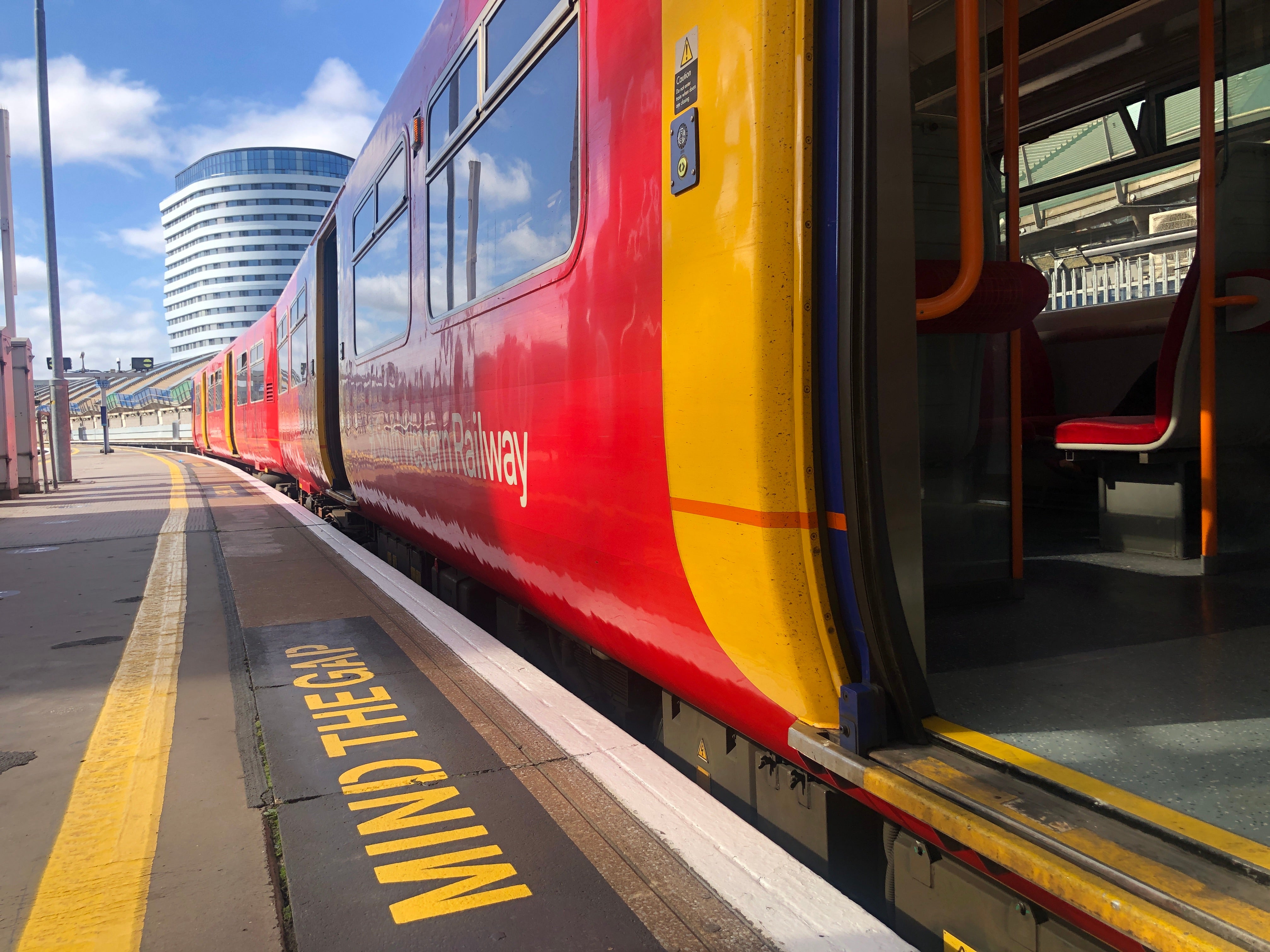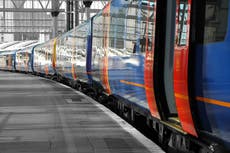‘Unholy spat’ between Treasury and DfT over soaring cost of rail as passenger numbers fall
Empty trains running ‘to stave off strikes,’ claims rail insider

An “unholy spat” has broken out between the Treasury and the Department for Transport (DfT) over funding for Britain’s railway, according to a senior industry source.
The taxpayer is currently propping up train operators to the tune of £750m per month, as they run a near-normal rail service with few paying passengers.
Traveller numbers have collapsed during the coronavirus pandemic – initially because of government lockdown advice, and more recently because of fears of Covid-19 among travellers.
They are currently just 31 per cent of last year. A decline in commuting has hit revenue even harder, especially on the previously profitable lines around London.
At one stage the annual premium paid to the DfT for the right to run trains to and from London Waterloo was enough to match the subsidy to Northern.
In addition, online conferencing means far fewer business travellers are using inter-city services, while leisure travel has also slumped.
The DfT is aiming to provide a near-normal level of service for essential journeys and to ensure plenty of space for social distancing. But fare revenue is now a tiny fraction of the cost of providing the service.
“The Treasury are asking the DfT how this will ever come to an end,” said the industry source.
“The official line is to provide ample services for essential workers, but a more pressing reason seems to be to avoid a confrontation with the unions.”
Over the weekend, Avanti West Coast will run 150 express trains between London and Manchester – even though the latter is in Tier 3, with no non-essential travel in or out.
A spokesperson for the train operator said: “We’re proud to continue to provide a vital service to help keep key workers and those making essential journeys moving during these times.”

The leading rail writer, Christian Wolmar, said: “This shows a total lack of coherent thinking and the lack of flexibility in the current structure of the industry.
“Of course we need a skeleton service for essential travel and emergencies such as bereavement but the service could easily be pared back in a sensible way.
“The argument that a full service needs to be maintained for ‘social distancing’ is nonsense. First there is massive overcapacity and secondly, research in Germany and elsewhere shows that train travel is very low risk because of good airflow and ventilation at stations.
“Indeed, it is far more dangerous for people to cram into cars with possibly unsymptomatic relatives, than to use the train.”
The open-access train operator, Grand Central, has cancelled some of its services between London, Doncaster and Bradford for four weeks “to reflect expected passenger demand” after South Yorkshire was designated a Tier 3 “very high risk area”.
Join our commenting forum
Join thought-provoking conversations, follow other Independent readers and see their replies
Comments


Bookmark popover
Removed from bookmarks